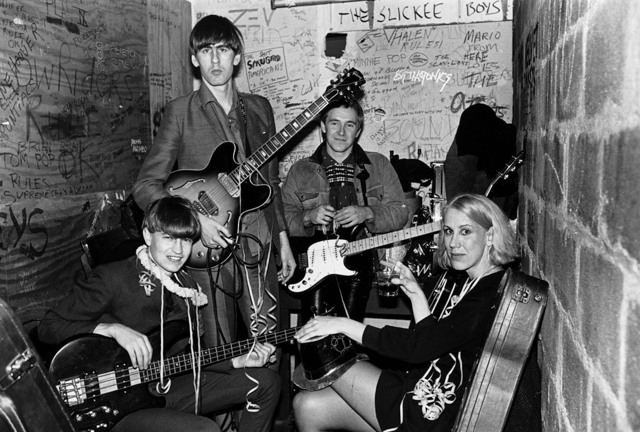I’m on the verge of finding out what it feels like to publish a book during lockdown, with bookstores closed, no literary festival to be a guest, no way to meet readers or sign their copies.
However, during this year characterized by this very difficult situation, the publishing world has reorganized and has implemented various emergency plans. Lately I’ve been giving interviews on Zoom and my events will be streamed online; instead of books I am autographing ex libris, sheets of paper that will be inserted immediately behind the cover of each copy to turn them into autographed copies.
Being 2,500, signing these ex libris is not child’s play, but I am slowly coming out of them, one step at a time. One day I post a photo of myself on Instagram while I sign them and I get the annoyed response of a man who complains because he would have wanted an autographed copy instead of the ex libris. And when I explain that because of the lockdown it is impossible to bring 2,500 books to my house, sign them and then distribute them in various bookstores, I find myself being scolded for being “grumpy”. To which, the only possible answer becomes: “Dude, if this is the way you respond to a woman who is explaining to you why you can’t have exactly what you want, I warn you that you will not like my book”.
Those nameless micro-aggressions
The title of the book is My rock _’__ n ‘roll friend_ and talks about my long-time friendship with Lindy Morrison, drummer of the Australian group Go-Betweens. Lindy, a boisterous, outspoken and adamant feminist, faced the difficulties of being a woman in the music and recording world of the 1980s, with all the consequences and the isolation that this entailed.
In those days we still did not have the word to describe what we had to suffer very often, today we would call them “microaggressions”. The sound engineers who deliberately belittled you, flaunting amazement to see that you were able to mount the drums yourself, or that you knew exactly how you wanted the lights to be positioned; or journalists, who wrote much more about your appearance than the sound of your music; or critics, always ready to take your involvement and commitment lightly.
While I was working on the writing of the book I went to rummage through the music magazines of the eighties and it was like a revelation, even for me that I lived those years. I had forgotten some things that were absolutely normal at the time: the days when in the offices of a music magazine you would find photos of pin-ups hanging on the walls, when a reporter from NME (New Musical Express) could write, talking about Lindy: ” She drinks, swears and is too threatening ”concluding with the judgment:“ No, not just for a woman. For ANYONE !!! “.
The second part of the sentence is clearly a formula for getting out of the way and a lie. Never ever would a rock journalist say “he drinks and swears too much” when referring to a male rock musician. It was very disheartening for me and Lindy to discover that so-called “rebellious” musicians and journalists might have just as bigoted and old-fashioned ideas as our parents about proper behavior for a woman.
The complexity of friendship
We talked about it for hours and hours, drinking vodka at my kitchen table and talking about the books we had read and the bands we had seen live. She is eleven years older than me and when we met I was twenty against her thirty-one, so for me she was a reference. I envied her confidence and experience, not understanding at the time how hard she had earned them. Over the years I have learned to recognize the similarities between us and also what makes us different, and I wanted to write about friendship, how complex it is, how in a relationship we often idealize part of the character of the friend to make them become like us. we would like to.
The Go-Betweens have been more successful later on than during their career and today they are hailed as a “great group that didn’t make it”. Books have been written about them and a documentary film has been shot; in their hometown, Brisbane, a bridge was given their name. Yet Lindy – my immense gorgeous megagalactic friend – has been nearly wiped out of their history, or at least turned into a secondary actress.
That’s how it goes with us women, isn’t it? Sometimes, even reading a story you can no longer find yourself inside it, even if you know very well that you were right there. It’s a bit like slamming the door in your face twice: first, when every step is made difficult for you; the second, when despite the fact that you have thrown the door down and forced your way to enter, the story does not report anything.
That’s why I wanted to rewrite Lindy in her story, give her back the central role in her life: because that is her place, the place she deserves. And this applies to all of us.
(Translation by Maria Chiara Benini)
.
